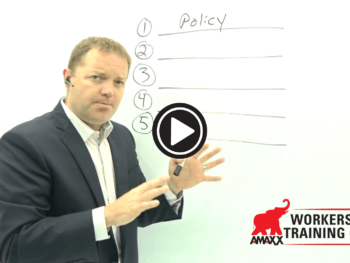There are a million ways to ask questions in a survey. However, the style of your questions will drive the quality of information you gather. You want to get good answers leading to good results.
Think of workers’ compensation surveys as an opportunity to audit, assess and educate. Some examples of the types of questions likely to advance your cause:
- Quantitative — find out the percentage of employees who return to work within four days.
- Direct – Do you have written step-by-step procedures for supervisors to follow in the event of an employee injury?
- Informative – Do you know what a positive Waddell test is? It is a sign of possible dishonesty. If you don't know this medicalese, or your adjusters don't know medicalese, you need to consider a medical director.
Discussions coming from this type of survey help you educate your team on the actions truly driving costs. It’s also a great chance to address things such as a manager’s perception that most claims are fraudulent.
How to get your answers:
DO
- Ask quantitative questions.
- Ask direct questions.
- Ask informative questions.
- Give and get information.
DON’T
- Ask trick questions.
- Ask reverse questions.
- Ask attack questions.
- Ask subjective questions.
There’s nothing worse than participating in an audit or survey and then being left in the dark when it comes to results. Ask “How did I do?”
It’s important to be sure you have a structured process for reviewing results with participants. Have the material and insights on hand to provide clarification there and then including concrete recommendations for improvement. (workersxzcompxzkit)
Feedback: So how did I do?
- Review results with participants.
- Provide recommendations.
- Educational material.
Podcast: KNOW the New OSHA Recordkeeping Rules — OR Risk Fines and Criminal Penalties. Click Here: http://www.workerscompkit.com/gallagher/podcast/Non_Compliance_with_Recordkeeping_Standards/
Do not use this information without independent verification. All state laws vary. You should consult with your insurance broker or agent about workers' comp issues.






















